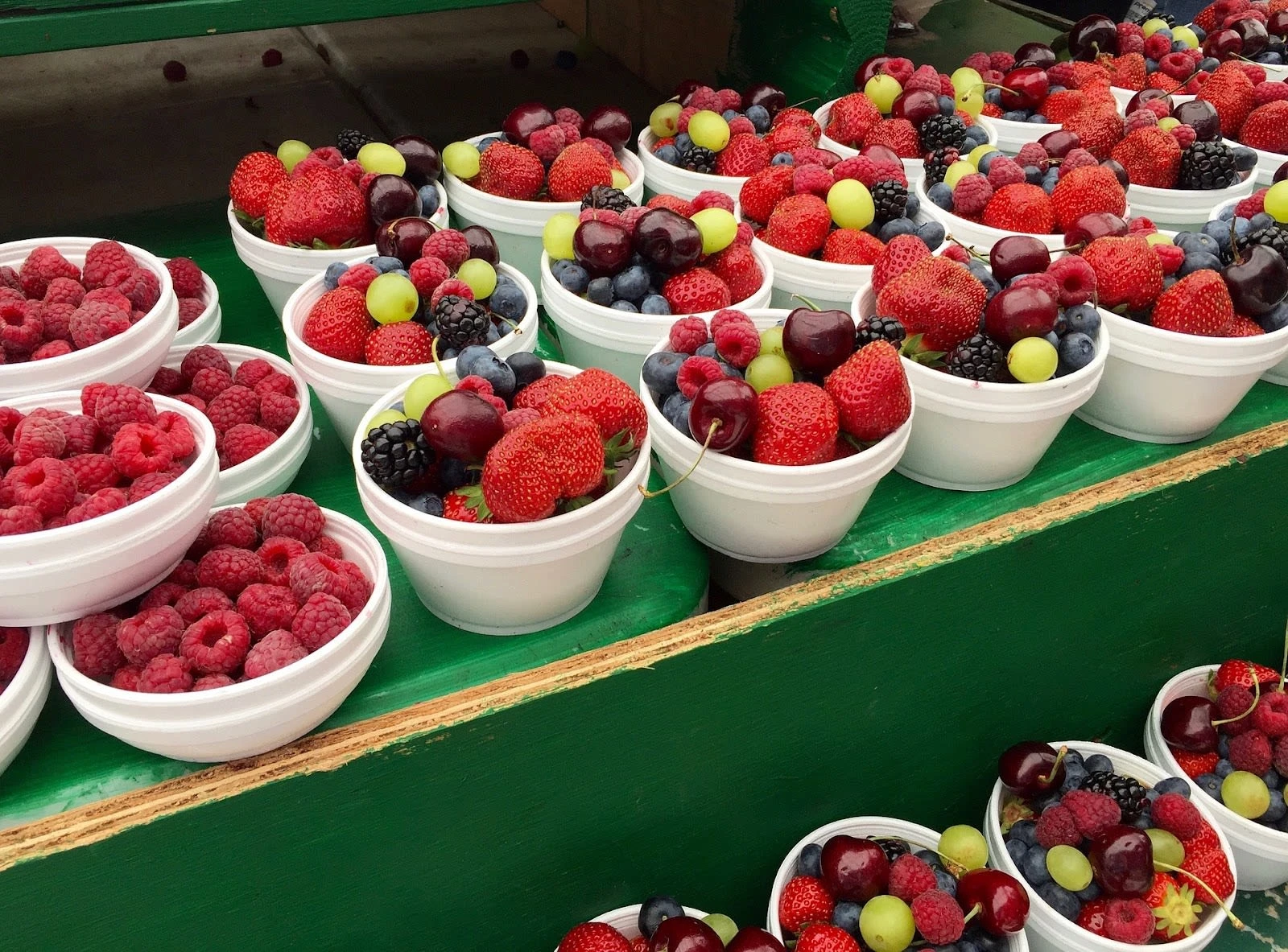Plant-based Eating 101: A Beginner's Guide
Plant-based Eating 101: A Beginner's Guide to Delicious and Nutritious Meals
Plant-based diets have become increasingly popular in recent years for their numerous health benefits and environmental sustainability. These diets focus on consuming a variety of fruits, vegetables, whole grains, legumes, and nuts while limiting or eliminating animal products. If you're new to plant-based eating, this article will provide a beginner's guide to meal planning, recipes, and food lists to help you get started.
First and foremost, it's important to understand that a plant-based diet doesn't have to be restrictive or boring. There are a plethora of delicious plant-based recipes to choose from, including everything from hearty soups and stews to sweet desserts. Some popular plant-based recipes include lentil and vegetable curry, black bean and sweet potato tacos, and vegan chocolate mousse.
When it comes to meal planning, it's essential to ensure that you're getting a balance of nutrients. A good way to do this is to ensure that each meal contains a source of protein, such as legumes, nuts, or tofu, as well as a source of healthy fats, such as avocado or nuts. Additionally, it's important to include a variety of fruits and vegetables in your diet to ensure that you're getting a range of vitamins and minerals.

A sample meal plan for a beginner on a plant-based diet might look something like this:
Breakfast: Oatmeal with sliced banana, chopped nuts, and a drizzle of maple syrup
Lunch: Lentil and vegetable curry with brown rice
Dinner: Black bean and sweet potato tacos with a side salad
Snacks: Fresh fruit, hummus and veggies, or a smoothie
When it comes to food lists, a plant-based diet typically includes a wide variety of fruits, vegetables, whole grains, legumes, nuts, and seeds. Some popular plant-based foods include:
Fruits: Apples, bananas, berries, oranges, and melons
Vegetables: Spinach, broccoli, kale, carrots, and bell peppers
Whole grains: Quinoa, brown rice, and oats
Legumes: Chickpeas, lentils, and black beans
Nuts and seeds: Almonds, walnuts, and pumpkin seeds
One of the most significant benefits of a plant-based diet is its ability to promote weight loss. This is because plant-based diets are typically low in calories and high in fiber, making them an excellent choice for people looking to lose weight. Additionally, plant-based diets are typically low in saturated fat and cholesterol, which can help to reduce the risk of heart disease and other chronic health conditions.
When it comes to breakfast foods, there are plenty of delicious plant-based options to choose from. Some popular breakfast foods include:
Oatmeal with fresh fruit, nuts, and a drizzle of maple syrup
Smoothie bowls made with frozen berries, banana, and almond milk
Tofu scramble with veggies and whole-grain toast
Chia seed pudding with fresh fruit and a sprinkle of cinnamon
Conclusion
A plant-based diet is a fantastic way to improve your health and reduce your impact on the environment. With a little bit of planning and creativity, it's easy to create delicious and nutritious meals that will leave you feeling satisfied and energized. So, why not give it a try?
Like this project
Posted Jan 17, 2023
Plant-based Eating 101: A Beginner's Guide to Delicious and Nutritious Meals
Likes
0
Views
9






